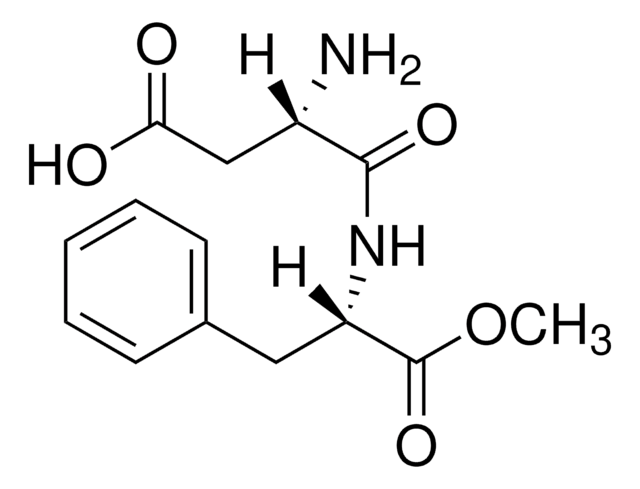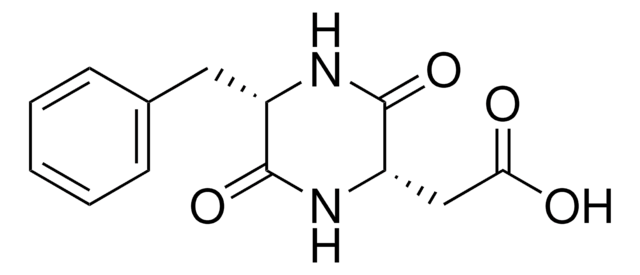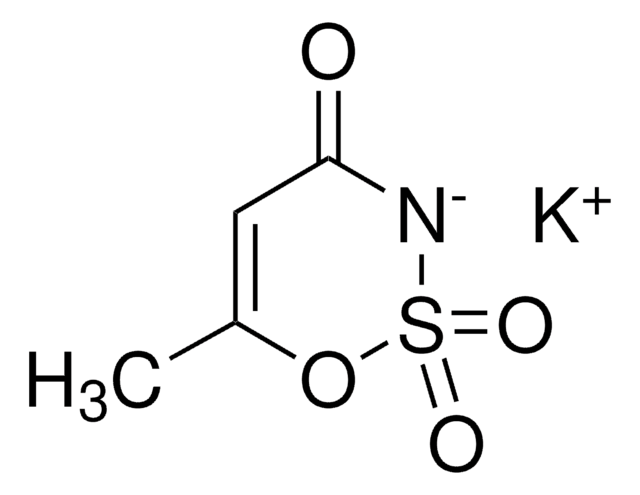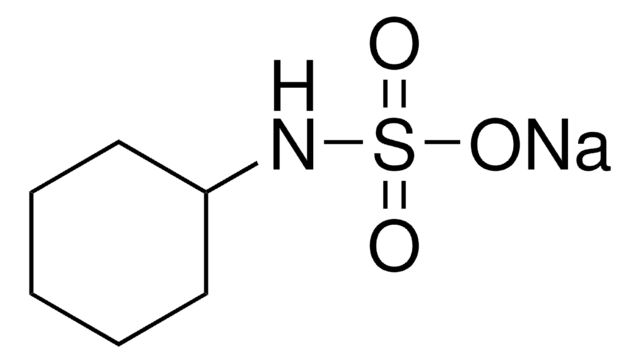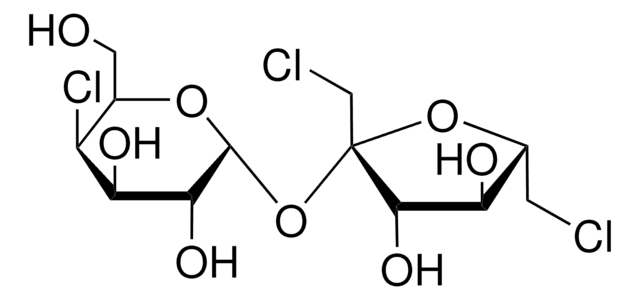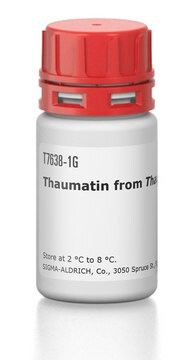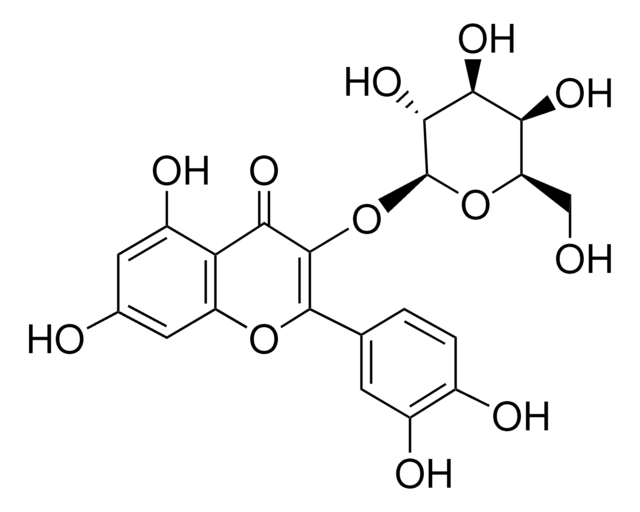A1320000
Aspartame
European Pharmacopoeia (EP) Reference Standard
Sinónimos:
Asp-Phe methyl ester, N-(L-α-Aspartyl)-L-phenylalanine methyl ester, Asp-Phe-OMe, Aspartame
About This Item
Productos recomendados
grado
pharmaceutical primary standard
Agency
EP Reference Standard
familia API
aspartame
fabricante / nombre comercial
EDQM
aplicaciones
pharmaceutical (small molecule)
Formato
neat
temp. de almacenamiento
2-8°C
cadena SMILES
COC(=O)[C@H](Cc1ccccc1)NC(=O)[C@@H](N)CC(O)=O
InChI
1S/C14H18N2O5/c1-21-14(20)11(7-9-5-3-2-4-6-9)16-13(19)10(15)8-12(17)18/h2-6,10-11H,7-8,15H2,1H3,(H,16,19)(H,17,18)/t10-,11-/m0/s1
Clave InChI
IAOZJIPTCAWIRG-QWRGUYRKSA-N
¿Está buscando productos similares? Visita Guía de comparación de productos
Descripción general
Aplicación
Envase
Otras notas
Producto relacionado
Código de clase de almacenamiento
11 - Combustible Solids
Clase de riesgo para el agua (WGK)
WGK 2
Punto de inflamabilidad (°F)
Not applicable
Punto de inflamabilidad (°C)
Not applicable
Elija entre una de las versiones más recientes:
Certificados de análisis (COA)
Lo sentimos, en este momento no disponemos de COAs para este producto en línea.
Si necesita más asistencia, póngase en contacto con Atención al cliente
¿Ya tiene este producto?
Encuentre la documentación para los productos que ha comprado recientemente en la Biblioteca de documentos.
Los clientes también vieron
Nuestro equipo de científicos tiene experiencia en todas las áreas de investigación: Ciencias de la vida, Ciencia de los materiales, Síntesis química, Cromatografía, Analítica y muchas otras.
Póngase en contacto con el Servicio técnico